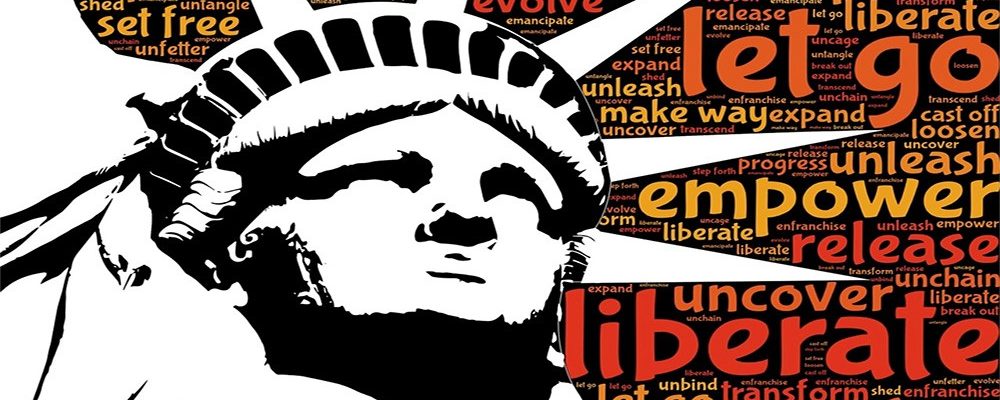By Linet Mwirigi, Maureen Kabasa, Kennedy Mbeva and Joel Onyango
In every sphere of life, different methods and power relations are at play. The dynamics and dimensionality of power and methods are evident in different disciplines, more so in research and academia. Historically, the seat of power in research is seen to be the global north, while the global south is seen to follow, with any dissenting voices that may challenge the status quo ignored, or not given safe spaces to express their dissent. This has triggered researchers today (especially in the global south) to interrogate the current methods and dynamics of power in the hope to decolonize them.
On one hand, decolonizing methods involve challenging the set norms that have been applied traditionally. Decolonizing power, on the other hand, can be done by challenging the status quo through methods. This will result in the capacity to counter the current narratives on methods, and produce outputs that have constructive impacts in society, all while formulating policies that inform long-term changes.
This blog explores reflections following a webinar on Power and Methods, as part of the Decolonizing Sustainability Research series. The webinar brought together researchers, scholars, and conservationists to share their lived experiences, observations, lessons, and insights on the subject of power methods and its decoloniality.
In exploring decoloniality, it is imperative that interdisciplinarity is acknowledged and each field accorded an equitable opportunity to interrogate its power dynamics. Only after this is accomplished can we investigate the existing colonial methods, and explore the way forward after decoloniality.
